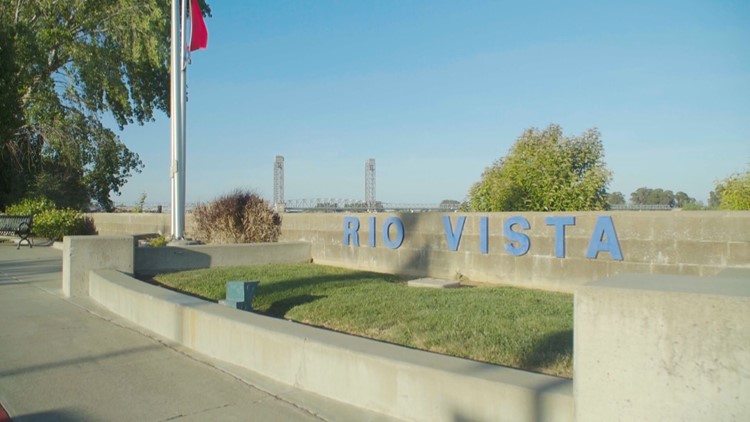Rio Vista approves Five-Year utility rate hike amid aging infrastructure

For the first time in more than 12 years, Rio Vista residents will see increases in water and sewer rates, after the City Council Tuesday night approved five years of rate hikes set to begin July 1.
The amount of the increase depends on which treatment plant serves the neighborhood. Customers served by the Northwest Wastewater Treatment Plant will experience the steepest rise of a 55% jump in the first year , followed by a 35% increase in year two and a 5% increase in each of the following three years.
For example, a household currently paying $51.60 per month will see their bill climb to $81.39 in year one, $109.87 in year two, $115.36 in year three, $121.13 in year four, and $127.19 by year five.
Those served by the aging Beach Wastewater Treatment Plant , which primarily handles the city’s downtown core, will see smaller but still significant increases. Rates there will rise 20% in the first year , 15% in the second year, and 5% each year for the next three years. A household paying $110.92 today would pay $132.70 in year one, $152.60 in year two, $160.23 in year three, $168.24 in year four and $176.65 in year five.
City officials said the increases are necessary to fund long-deferred infrastructure projects and avoid system failures. Officials say Rio Vista is facing $23.4 million in capital project needs at the Northwest Plant and another $27.5 million at the Beach Plant.
“These tough things that we need to do now will help us avoid having these tough conversations in the future,” Mayor Edwin Okamura said during the City Council meeting where the increases were approved.
Okamura noted that for more than a decade, the city avoided rate adjustments due to leadership turnover.
“This process was kicked down the road for 13 years,” he said. “We did not have a consistent city manager, and things were pushed down.”
Officials say the Beach Plant, which is approximately 70 years old, has received repeated notices of violation and recently experienced a sinkhole due to structural failure in a grit chamber wall . A city website says it requires immediate short-term upgrades to continue operating until it can be consolidated with the newer Northwest facility.
Meanwhile, the 19-year-old Northwest Plant, which serves the city’s growing residential areas, faces an annual funding gap of over $300,000. Without new revenue, city leaders warn that aging infrastructure could lead to major reliability issues.
Some residents expressed concern that the rate increases would hit fixed-income households the hardest.
“It is very difficult for people on a fixed income, as I am,” one resident told the council. “Social Security only goes so far. I just got notice that my rent is going up an extra $100 a month.”
Another resident called on the city to consider the broader impact on seniors.
“Your community has a lot of senior citizens here who are on fixed income. Are you going to drive them out? What are you going to do to help them?”
The city reported not enough residents protested to clear the majority threshold, which allowed the increases to move forward.
Post a Comment